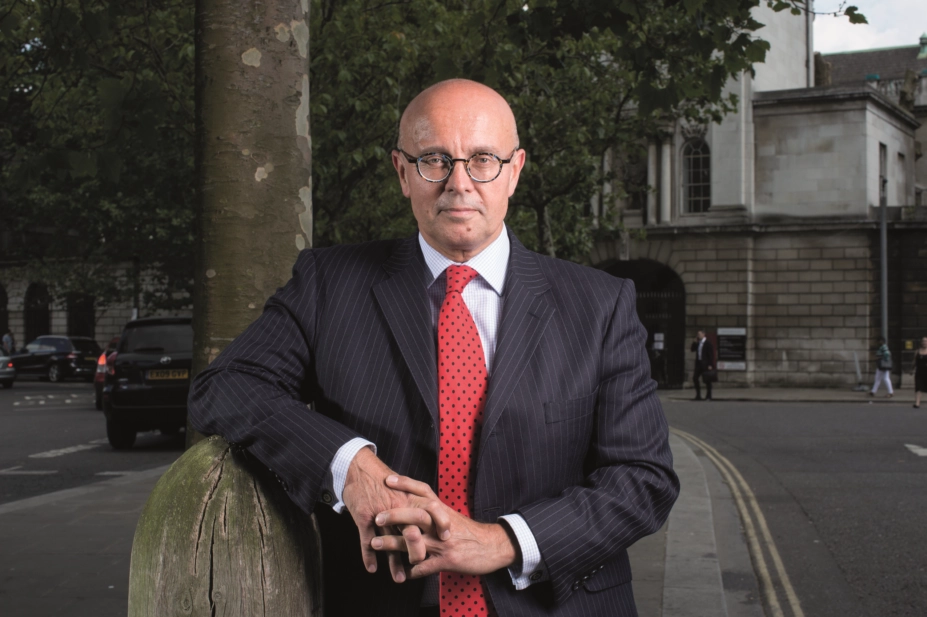
Jeff Gilbert
The government has shared its proposals for a new community pharmacy contract for 2019/2020 “and beyond”, with the Pharmaceutical Services Negotiating Committee (PSNC) opening the latest round of negotiations.
The pharmacy contract negotiations between the Department of Health and Social Care (DHSC) and the PSNC have long been anticipated, with placeholder arrangements agreed on 8 March 2019 to secure continued funding arrangements into the 2019/2020 financial year.
The DHSC has said the contract negotiations will support the delivery of the ‘NHS Long Term Plan’, including “the possible rollout of a national minor illness service through NHS 111 and the piloting of referrals to community pharmacy from other settings, such as general practice and the online platform www.nhs.uk”.
In its long-term plan, which was published on 7 January 2019, NHS England suggested that a national rollout of the Digital Minor Illness Referral Service is likely, while Keith Ridge, chief pharmaceutical officer for England, confirmed on 8 January 2019 an upcoming patient referral scheme between GPs and community pharmacists.
By opening the negotiations, the DHSC said it “has now shared proposals for the [community pharmacy contractual framework] for 2019/2020 and beyond with the PSNC” and will now have “regular meetings”, along with NHS England, to discuss the contract.
Simon Dukes, chief executive of the PSNC, said the outcomes of the negotiations “will be absolutely critical for all pharmacy contractors in England”.
“There are going to be some difficult conversations over the coming months but our negotiating team includes experienced PSNC members from both the independent and multiple sectors, so contractors can be assured that we will be well equipped and absolutely committed to getting the best possible deal for community pharmacy,” he added.
The DHSC has said the contract negotiations would remain confidential. However, the PSNC previously told The Pharmaceutical Journal that the future of pharmacy should include:
- Successfully rolling out existing pilots (such as the Digital Minor Illness Referral Service and the NHS Urgent Medicine Supply Advanced Service) with suitable remuneration;
- Commissioning new pilots (such as atrial fibrillation screening; managing conditions including asthma and COPD; as well as sexual health and emergency contraception initiatives) and subsequent rollout, as appropriate;
- Capturing and using data on the enhanced efficacy of community pharmacy in the event of changes to the law on supervision;
- Ensuring effective IT connectivity between GPs and community pharmacies;
- Updating the clinical skills of pharmacists and better training and recognition of the skills of pharmacy technicians;
- Better communication with all stakeholders about what community pharmacy can provide the NHS and its patients.
Commenting on the negotiations, health secretary Matt Hancock said: “Community pharmacies are at the heart of the NHS and are crucial for our prevention agenda to help more people stay well, a core part of the ‘NHS Long-Term Plan’.
“As part of the long-term plan for the NHS, we want to see pharmacies deliver a wider range of more efficient services and give patients more control over their care and personal health. The start of these negotiations signals an important step in delivering that ambition.”


